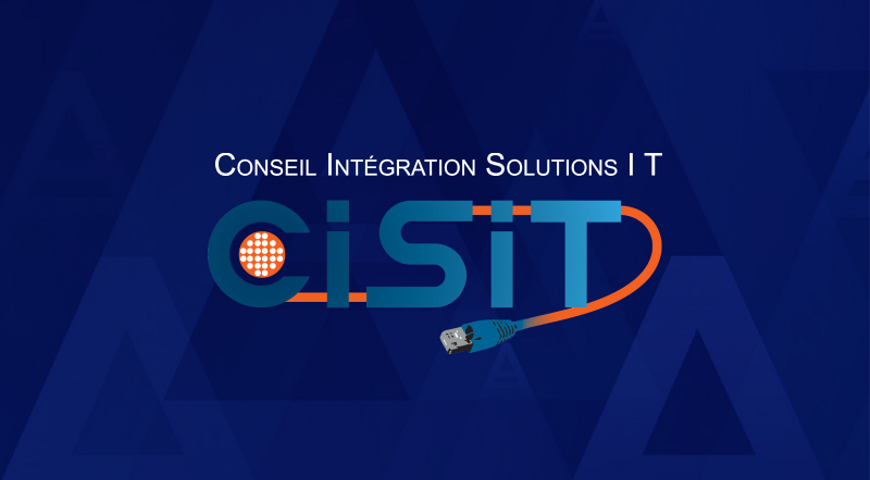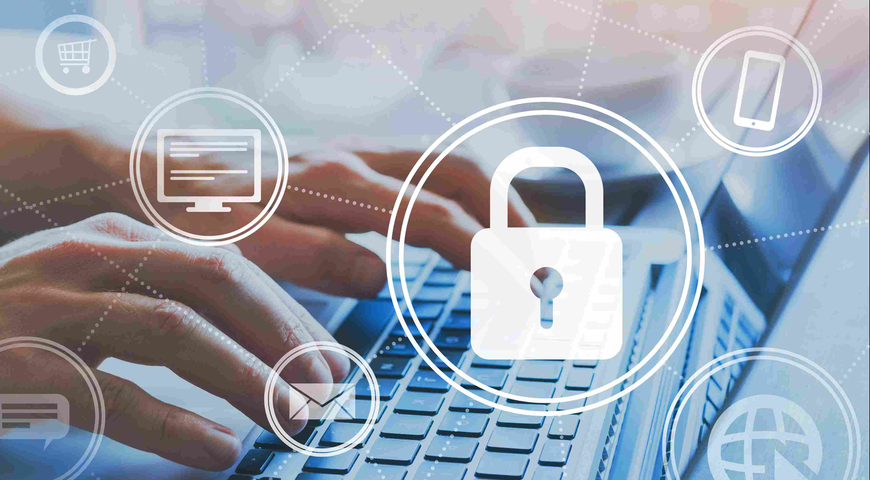The healthcare industry is in the middle of a digital transformation: a necessary pivot from the antiquated methods of creating, storing, and sharing information to new data-intensive diagnostic and treatment applications. For healthcare IT professionals, the pressure to accelerate this transition is coming from all sides:
- Sensitive healthcare data volume is growing rapidly, as is the variety of devices and locations where this data is being stored and accessed.
- Cybercriminals are aggressively targeting the healthcare industry, exploiting the fact that the more sensitive the data is, the more likely that victims will pay for its release.
- The healthcare industry is subject to an increasingly complex mix of data privacy regulations. In the U.S., these can include state, federal, and international requirements.
All of these healthcare challenges are in addition to the IT concerns that all modern industries face – growing infrastructure complexity, difficulty recruiting and retaining skilled staff, the ongoing migration of applications to private and public clouds, and the need for non-stop data availability and near-real-time data analytics.
To respond to these challenges, protect patients, and stay at the forefront of the industry, IT professionals need cyber protection to ensure their organization is #CyberFit and ready to face these challenges. This modern approach combines data protection and cybersecurity capabilities to balance the Five Vectors of Cyber Protection – safety, accessibility, privacy, authenticity, and security.
Here are some quick examples of how cyber protection can solve seven of the most prevalent IT challenges your healthcare organization may face.
Learn more about how cyber protection can benefit your healthcare organization
1.Addresses data breaches
In 2017, 5.6 million patient records were breached and it took an average of 308 days for an institution to discover that a breach had even occurred. To prevent healthcare data breaches, your organization needs to establish layers of IT infrastructure security around physical systems, virtual machines (VMs), cloud services, and mobile devices.
Cyber protection helps with services that protect data against theft and ensure fast recovery after an attack, such as encrypted backup and storage, advanced anti-malware defenses, and rapid disaster recovery capabilities.
2.Protects against malware threats
Two of the most pervasive malware threats afflicting the healthcare industry today are ransomware and cryptojacking. Without countermeasures to detect, terminate and recover from these cyberthreats, healthcare institutions have suffered downtime that has threatened patient lives and cost millions of dollars in lost productivity and remediation costs.
Cyber protection helps by delivering cutting-edge anti-malware technology. Acronis Active Protection, our integrated proactive malware defense, uses artificial intelligence (AI) and machine learning (ML) technologies to detect, identify, stop, and recover from attacks automatically.
3.Meets compliance requirements
Healthcare IT professionals are now responsible for staying compliant with increasingly strict data regulations like HIPAA in the U.S. Unfortunately, complying with HIPAA’s restrictions on handling data can be a challenge for healthcare organizations, with millions of dollars in fines being charged since the rule’s introduction.
Cyber protection helps you achieve regulatory compliance. Your organization needs to conform to rules for managing and securing personal data – including encryption for privacy and a method for proving data integrity, which are two built-in components of cyber protection.
4.Migrates applications and storage to the cloud
In the modern digital world, cloud technology is a necessity for #CyberFit healthcare organizations. However, migrating data from one storage type to another is no small task – particularly when it needs to be verifiably protected end-to-end to avoid potential fines and data breaches.
Cyber protection helps by supporting hybrid cloud backups and storage. Throughout the migration process, all data is managed through a single pane of glass to ensure easy, efficient, and secure transfers.
5.Delivers constant data availability
Continuous data, application, and system availability is vitally important to your healthcare organization. In fact, a single unplanned outage costs an average of $918,000 and may mean the difference between life and death for your patients. To prevent these outcomes, low recovery time objectives (RTOs) and short recovery point objectives (RPOs) are essential.
Cyber protection helps deliver reliable business continuity. A cyber protection solution like Acronis Cyber Backup protects your organization from downtime with industry-leading recovery times; with the Acronis Cyber Disaster Recovery Add-on, your data is available in a matter of seconds.
6.Incorporates mobile devices
Patient data is now being collected and made available on a wide variety of mobile and web-based devices. However, as research from Petri indicates, bring you own device (BYOD) policies pose a significant threat if those devices aren’t secured and supported by existing data protection and cybersecurity strategies. IT needs to be able to maintain control of the data at all times and to restore data on mobile devices that have been damaged, lost, or stolen.
Cyber protection helps by providing IT with the protection and control it needs over the organization’s data. Acronis’ cyber protection solutions support more than 20 platforms, including iOS and Android devices, ensuring that data can be comprehensively protected even on employees’ personal devices.
7.Strengthens data protection without adding infrastructure complexity
For your healthcare organization to stay productive and effective on the other side of digital transformation, you need cyber protection tools that can protect all your data, applications, and systems without being too complex for your IT generalists to use.
Cyber protection helps by delivering powerful, easy-to-use protection. Acronis Cyber Backup simplifies and lowers the cost of cyber protection for healthcare operations by providing a single platform that can protect all of your institution’s workloads.
Final thoughts
Your healthcare institution is faced with complex new applications, growing IT costs, and a cyberthreat landscape that’s filling with increasingly sophisticated malware attacks. To confront all these challenges and ensure both your institution’s health and your patients’, you need to be #CyberFit. Acronis cyber protection solutions offer comprehensive data, application, and system protection designed to balance the Five Vectors of Cyber Protection and make defending your IT environment easy, efficient, and secure.
Explore many of the ways Acronis cyber protection solutions can benefit your healthcare organization with this complimentary whitepaper.
About Acronis
A Swiss company founded in Singapore in 2003, Acronis has 15 offices worldwide and employees in 50+ countries. Acronis Cyber Protect Cloud is available in 26 languages in 150 countries and is used by over 21,000 service providers to protect over 750,000 businesses.



